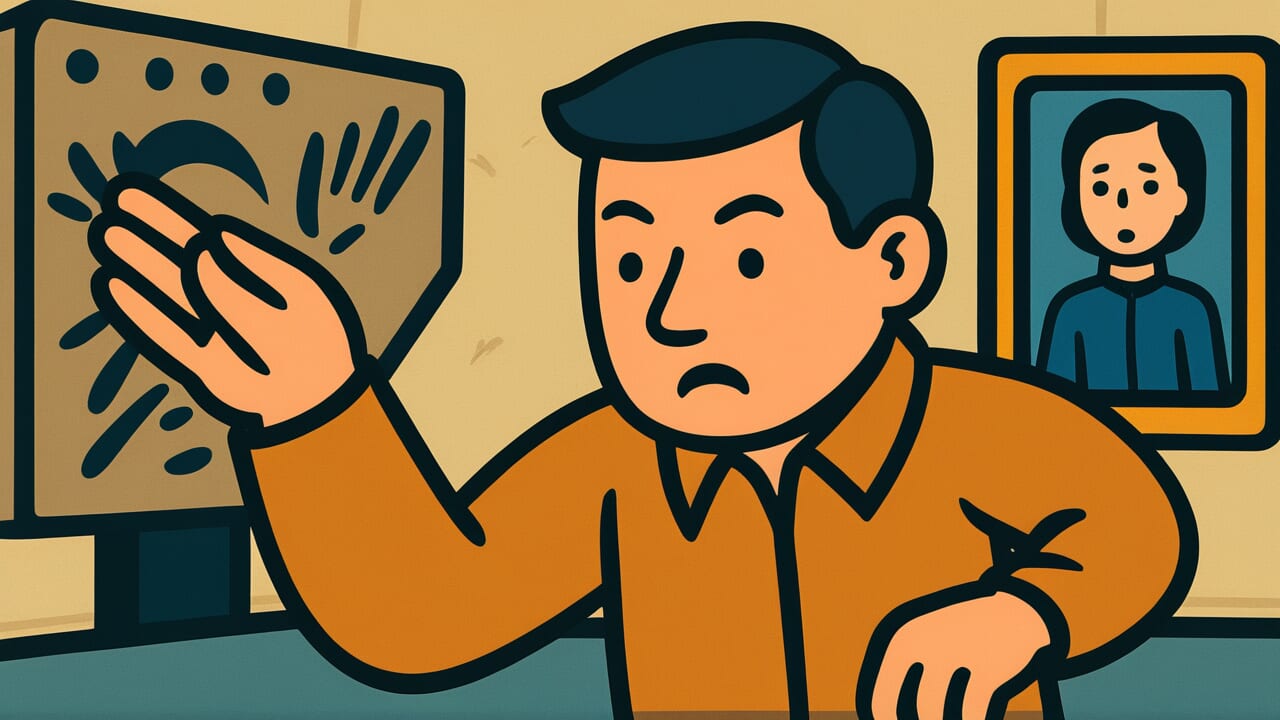How to Read “Blame yourself, not others”
Onore wo semete hito wo semuru na
Meaning of “Blame yourself, not others”
This proverb teaches that when problems arise or conflicts occur in relationships, you should first reflect on your own actions and thoughts rather than criticizing others.
When we face difficult situations, we tend to focus on other people’s faults and mistakes. However, this proverb emphasizes the importance of turning that focus inward instead of outward.
This saying applies to many everyday situations. These include failures at work, disagreements with friends, and misunderstandings within families.
It encourages you to resist the urge to blame others. Instead, you should ask yourself, “Was there something I could have done better?”
Even in modern society, this teaching remains an important guide. It helps smooth relationships and promotes personal growth.
Origin and Etymology
The exact origin of this proverb has several theories. Most scholars believe it was influenced by ancient Chinese philosophy, especially Confucianism.
Confucianism emphasizes “self-cultivation,” which means correcting yourself. It teaches that you should reflect on yourself before trying to change others.
The phrase “blame yourself” has been used in Japan since ancient times to mean self-reflection. Meanwhile, “blame others” refers to criticizing other people.
This contrasting structure forms the core of the proverb’s message.
Similar teachings appear in moral instruction books from the Edo period. This suggests the idea was widely accepted among both samurai and common people.
The samurai class especially valued self-discipline as a virtue. They were expected to correct their own behavior before criticizing others’ mistakes.
This proverb has been passed down through generations because it contains universal wisdom about human relationships.
When conflicts arise, blaming others is easy. But admitting your own faults is difficult.
Yet self-reflection is the true path to growth and reconciliation. This deep insight is packed into these few simple words.
Usage Examples
- When the team’s project failed, I reviewed my own leadership with the spirit of “Blame yourself, not others” before criticizing team members
- When a fight with my spouse seems about to start, I recite “Blame yourself, not others” in my mind and first reflect on my own words and actions
Universal Wisdom
Humans find it much easier to point out others’ faults than to admit their own mistakes. This is because self-reflection involves pain.
Admitting your own faults hurts your self-esteem. It forces you to face the reality that you’re not perfect.
On the other hand, blaming others temporarily justifies yourself. It gives you the illusion of being in a superior position.
This proverb has been passed down for hundreds of years. This is probably because our ancestors deeply understood this human weakness.
The satisfaction gained from blaming others lasts only a moment. It doesn’t lead to true problem-solving.
Instead, it worsens relationships and robs you of opportunities for personal growth.
Human society is not a gathering of perfect individuals. It’s a place where imperfect people support each other.
Everyone makes mistakes. Everyone has room for improvement.
This proverb reminds us of this obvious truth. The humility to reflect on yourself creates true harmony with others and becomes the driving force for self-improvement.
This universal wisdom continues to resonate with people across time.
When AI Hears This
In repeated prisoner’s dilemma games, the most successful strategy was “tit-for-tat.” This follows a simple rule: cooperate if the opponent cooperates, betray if they betray.
However, political scientist Axelrod’s experiments revealed a surprising fact. “Generous tit-for-tat,” which occasionally forgives the opponent’s betrayal, scored higher in the long term than perfect tit-for-tat.
Why? Perfect tit-for-tat has a fatal flaw.
If mutual betrayal starts even once due to misunderstanding or miscommunication, the chain of retaliation continues endlessly.
Player A betrays B by mistake, then B retaliates, then A retaliates back, and they can never return to cooperation. This is called the “echo chamber effect.”
Here the principle of “Blame yourself, not others” demonstrates its power. The attitude of not blaming the opponent’s mistakes but first considering if there was a problem on your side mathematically means having “noise tolerance.”
In other words, it functions to tolerate accidental betrayals and break the chain of retaliation.
Computer simulations prove that a strategy forgiving the opponent’s betrayal about once every ten times brings the highest profit through thousands of matches.
What appears morally right is actually the optimal solution in cold mathematical calculations. In the repeated game of human relationships, generosity is the rational choice.
Lessons for Today
In modern society, voices criticizing others overflow through social media and mass media. Behind anonymity, people easily point out others’ faults and demand accountability.
However, this proverb teaches an attitude that’s especially important in such times.
When you clash with a colleague at work, disagree with family, or feel awkward with friends, first stop and reflect on your own words and actions.
Even if you feel the other person’s attitude is problematic, was there something in your own behavior that triggered it? Was your way of communicating appropriate? Did you consider things from their perspective?
This self-questioning doesn’t mean you should take all the responsibility. Rather, it’s practical wisdom recognizing that the only person you can change is yourself.
Use the energy you’d spend trying to change others to improve yourself instead.
That choice will ultimately lead both your relationships and your own life in a better direction.



Comments